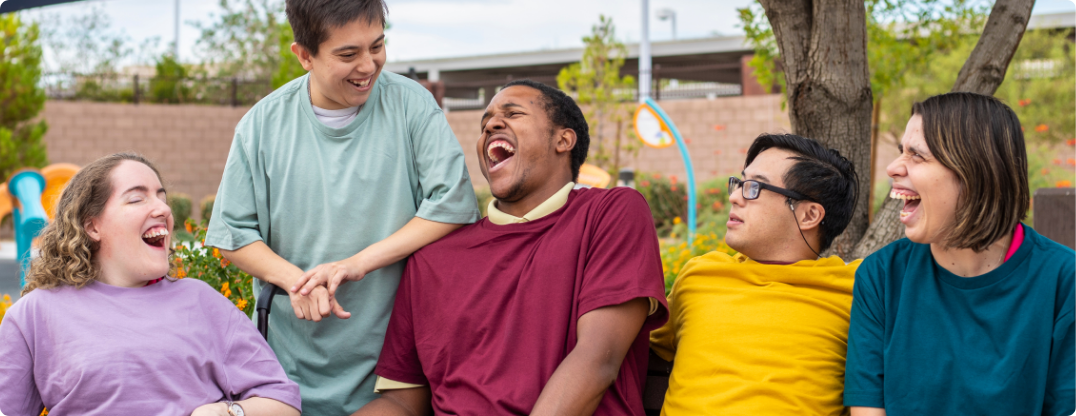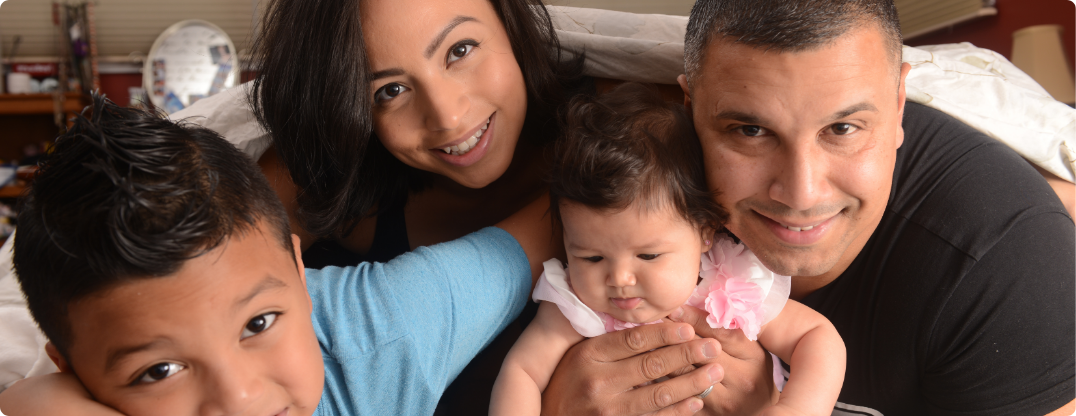STAR Institute ( was Sensory Processing Disorder Foundation
Vision
Sensory Health and Wellness for the State, the Nation, and the World.
Mission
To impact quality of life by developing and promoting best practices for sensory health and wellness through treatment, education, and research.
Core Values
- Promoting occupation, participation, engagement, function, and psychological well-being
- Elevating awareness and knowledge about the transformative power of the sensory domain
- Building and strengthening relationships
- Empowering families
- Removing barriers to participation
- Embracing and celebrating diversity
- Advocacy for true inclusion
- Occupational justice for all
History
STAR Institute for Sensory Processing was formed in 2016 from two merged organizations SPD Foundation and STAR Center. STAR Institute for SPD provides premier treatment, education, and research for children, adolescents, and adults with SPD.
The SPD Foundation grew out of work begun in 1977 with funding from the U.S. Public Health Service division of Maternal and Child Health (MCH). With this grant from MCH, SPDF’s founder, Dr. Lucy Jane Miller, developed and nationally standardized the Miller Assessment for Preschoolers (MAP) to assess preschool children with developmental disorders including Sensory Processing Disorder. The success of the MAP led to a series of additional studies and service projects to improve the understanding of SPD and the effectiveness of intervention for the disorder. In 1979, the forerunner of Sensory Processing Disorder Foundation received formal IRS designation as a non-profit charitable organization (501(c)3) with a mission of promoting research, education, and advocacy related to developmental disorders, particularly SPD. One year later, in 1980, we relocated from Philadelphia to Denver and established ourselves as the organization we are today. In 1995, the Foundation attracted the attention of the Wallace Research Foundation, which funded the development of a psychophysiology research laboratory to study SPD. With that, the Foundation turned its focus exclusively to SPD, then called “sensory integration dysfunction.” By 1999, the SPD Foundation and Dr. Miller were recognized as leaders in SPD research, treatment, and evaluation. To broaden the research base and expand research-based treatment options for sensational children and families, Dr. Miller convened the SPD Scientific Work Group, a council of internationally recognized scientists with expertise in physiological, neurological, behavioral, and educational aspects of SPD. Since 2002, this interdisciplinary group has been conducting research in multiple disciplines into the etiology, neuropathology, signs and symptoms, treatment effectiveness, and developmental trajectories of SPD.







